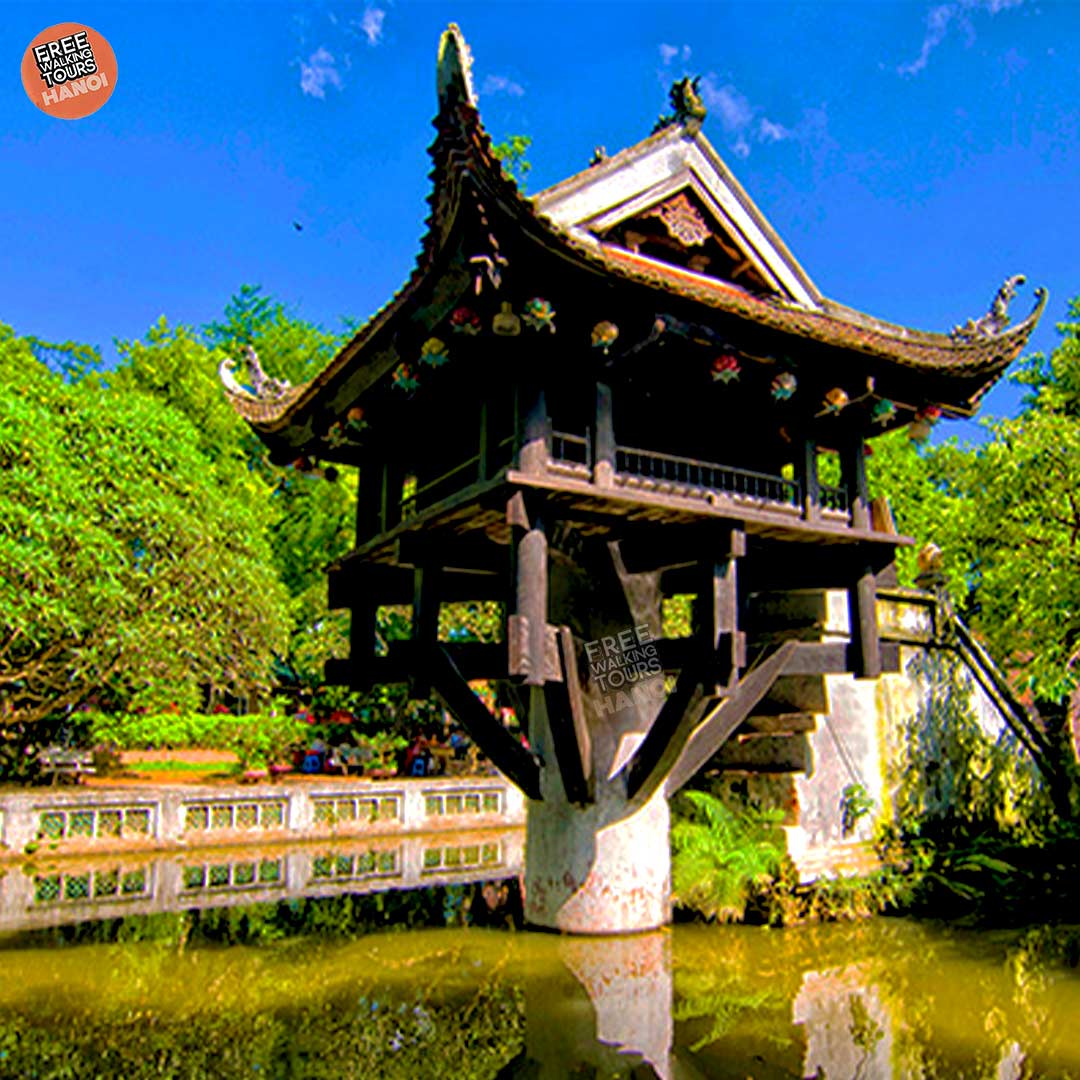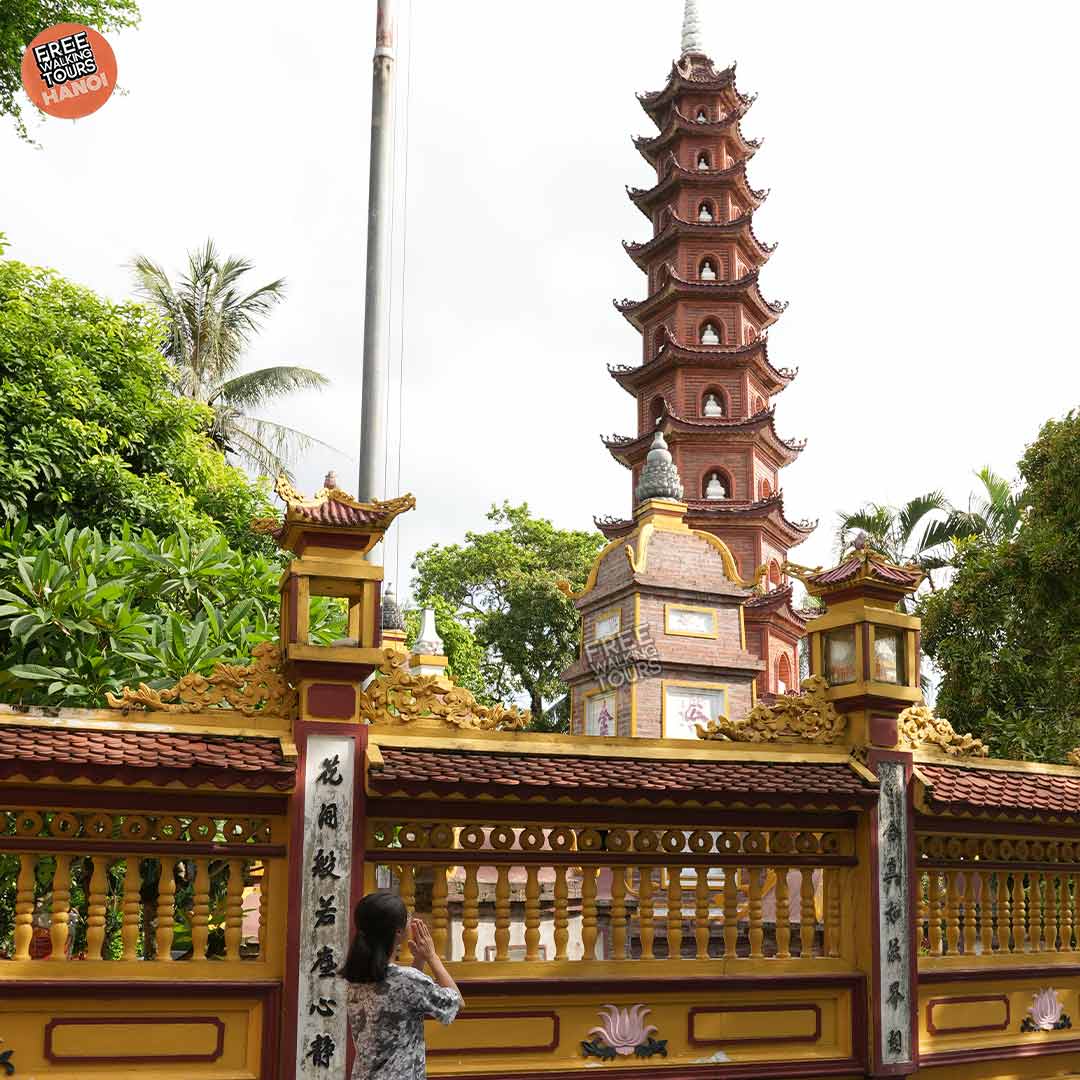Temples: Foundational Religious Sites
in Vietnamese Culture
Across Vietnam, temples form the living heart of religious practice, ritual, faith and identity at both communal and personal levels. Serving spiritual needs from urban centers to remote communities, temples stand as sacred venues for worship, ceremony, meditation, offerings, and Buddhist study. Beyond religion, temples represent seminal centers for cultural values, arts, scholarship and community life flowing into wider society. Exploring Vietnamese temples reveals how religion fundamentally grounds identity, shared heritage and ethical mores within the country through these sanctified spaces.
Active Houses of Worship and Ritual
Foremost, temples fulfill the essential role of providing active spaces for religious activities. People visit temples to pray, make offerings, celebrate festivals, practice mindfulness, listen to monk teachings or seek solace through beauty. The grounds hum with the rituals of worship, binding communities through shared spirituality and ceremony. Temple life marks time’s passage.
Preservers of History, Relics and Scholarship
Temples also function as stewards of Vietnamese cultural and religious heritage through centuries. Ancient structures, statues, texts and steles convey knowledge across generations. Monks safeguard artifacts and records. Libraries hold key documents. Temples anchor collective memory and chronicle eras in artifacts and architecture. Their historic richness offers insight.

one-pillar temple
Architectural and Artistic Treasures
This history comes alive through temples’ splendid ancient architecture. Intricate roofs, pagodas, gates, Buddhas and carvings exemplify Vietnamese craftsmanship. Mural paintings beautify inner sanctums. Gardens accentuate nature’s gifts and feng shui. Temples dazzle as architectural feats while providing sanctified refuge. Their artistry awes.
Sanctuaries for Contemplation and Mindfulness
Beyond housing rituals, temples create sanctuaries for calm, contemplation and mindfulness. Meditation gardens and quiet halls further Buddhism’s reflective teachings. The serenity fosters mental wellbeing and focus. Tranquility prevails even in bustling cities when one enters temple grounds. The sites refresh spirits weary with worldly cares.
Influential Centers of Community Life
Vietnamese temples also form nuclei of community life beyond just religious functions. They host cultural events, festivals, recitals and performances. Locals congregate to enjoy communal meals on holidays or special occasions. Temples in Vietnam occupy a central social role binding community relationships through shared spaces.
Conduits of Ethics and Philosophy
Temple teachings, study and monk guidance allow transmitting Buddhist ethics and philosophies to communities. Monks convey wisdom about living justly, compassionately and moderately through example and instruction. Adherents absorb values like patience, charity and humility through regular temple contact. Temples mold ethical social outlooks.
Tourism Sites Conveying Cultural Essence
As grand architectural landmarks dotting landscapes, temples naturally attract foreign tourists eager to glimpse Vietnam’s beauty. But beyond being scenic, they provide visitors with authentic glimpses into traditional spiritual practices and community rituals that still thrive in Vietnam’s modern era. The living culture experienced leaves impressions.

tran quoc temple